When the Red Hot Chili Peppers named their album Bloodsugarsexmagik, they may have been having a premonition about U.K.-based author Carmilla Voiez’s debut novel Starblood. Mix those elements together with a finishing dash of violence and you have the precise witch’s brew for a riveting cocktail of words, and Carmilla serves it up with a splendid and elegant flourish. It is my distinct pleasure to have her as a guest on this blog to tell us more about her delicious novel, and share many of her thoughts on and experiences with writing. So, with no further ado—
 |
| Carmilla Voiez |
First of all, outside of the book review readers can find on Amazon, is there anything else about Starblood you would like to tell people? How long is it and do you plan to write a sequel?
Starblood is a story about Goths and magic. It's often dark and violent. The language is urban and uncensored, and each character is deeply flawed. Oh and it's very, very sexy. Diversity of the sexual experience is explored closely within the story's pages.
The tale starts in Satori’s bedroom. Satori is a powerful magician who is still in love with his ex-girlfriend. When he attempts a ritual to get her back something goes wrong and Lilith steps out of Chaos and into his life. The main characters are Satori, his ex Star and Lilith. Lilith embarks on a killing spree. Satori tries to send her back into Chaos while at the same time trying to convince Star to come back to him. Meanwhile, Star tries to untangle her own hopes and desires while being used and abused by both Satori and Lilith.
Starblood is just over 300 pages long and a complete, standalone story. However, as I finished writing the last paragraph an idea for a sequel developed. I have now written the sequel, which will be called Psychonaut, and I am currently editing it with the hope of publication in 2012. Of course, as I wrote the last paragraph of Psychonaut an idea for a third part to the trilogy thrust itself into my brain. I love the characters. There is a chance I might write about them for ever.
Do you have plans or are you already writing something to follow up Starblood? How long did it take to write?
Starblood was written in one month, during NaNoWriMo in November 2009. I spent the following twelve months rewriting and editing the story. Psychonaut is a longer tale and is more in the traditional fantasy style, so I was involved in creating worlds as well as developing the story and characters. Psychonaut was started, but not completed, during NaNoWriMo 2010. I expect the editing process will take another twelve months. Following in this tradition, I have sketched down my ideas for the third story, but plan to write it during NaNoWriMo 2011.
In addition to the Starblood trilogy, I am working on a novel about anarchy and shamanism.
Besides Starblood , can we read any other works of yours?
There are a couple of short stories at www.carmillavoiez.com, but Starblood is the first novel I have been lucky enough to have published.
On to more general, writer-ly questions.
How long have you been writing?
As a child I always wanted to be a writer, and was very prolific through to my late teens. The only things published at that time were a few Gothic and vampire poems in Goth fanzines, and no power on earth would compel me to share those early attempts with you.
Then, for some reason I cannot quite fathom, life got in the way and I stopped writing. I didn't write again until I was well into my thirties. Writing, for me, is an act of rediscovering myself. I have to open all those cobweb covered closets and full to bursting drawers and look at things afresh: things I have experienced, things I have felt, and even those things I have previously been afraid to feel. It's traumatic and liberating at the same time.
What made you first pick up a pen (or laptop, typewriter, etc.) and want to write? Why erotic fiction? Have you written in other genres?
I started writing again as part of a degree course and I quickly realized what had been missing from my life for over a decade.
Starblood is erotic, that is true, but I would class it as horror. Some other readers class it as dark fantasy and a couple of readers told me they felt it was a Gothic romance. I guess that means it isn't just one thing, but flows like water through different genres. Or perhaps people see what they wish to see in every book they read. I have written outside of genres, in literary fiction, but I haven't yet been published outside of the erotica/horror genre.
I write erotica because sex and sexuality fascinate me. I explore the way sexual desire can turn the strongest of us into gullible idiots. I look into that dichotomy quite often in Starblood.
What or who are your inspirations? And being from the U.K., do you find being surrounded by so much history and culture to be something of an inspiration as well?
I am inspired by so many things: the constantly changing sky and sea outside my front door, sexual politics and the barrage of attacks by the far right on what it means to be a woman, the varied and rich mix of dialects within the U.K. and how these both reflect and create cultural differences within a relatively small geographical landscape, gothic music and the people I meet.
Writers who inspire me are just as varied. I love Clive Barker’s writing, both in the horror and fantasy genres. He explores sexuality and its close relationship with violence in ways I find challenging and fascinating. Other authors who have inspired me include Storm Constantine, Iain Banks, and Margaret Atwood.
Is being a published writer what you thought it would be?
It’s too early to tell. So far Starblood is an undiscovered gem. Maybe that’s a question to ask again in twelve months?
Why do you write? Do you find writing to be an activity that satisfies you in ways nothing else can?
I write because I am compelled to write. Characters storm through my head demanding to be heard. I write to release them and find peace for a moment.
In your opinion, what makes a great story?
I love character-driven stories. I love the psychology of a good story and the way it opens my mind to fresh perspectives. I changed my lifestyle after reading Robert Newman’s The Fountain at the Centre of the World. Great stories have power. They make you think, they make you feel and often they make you cry.
What are some of the challenges you find in writing?
I think the greatest challenge is in knowing when to stop. I am speaking more of editing than writing. How do you know when a book is as good as it can be? The main challenge in writing seems to be finding enough time to sit at the keyboard.
Who are your favorite authors or books in your genre? In other genres?
I pretty much covered this in my answer to a previous question. In addition to Clive Barker, Storm Constantine, Iain Banks and Margaret Atwood I would add a few of the literary greats whose stories have transported me to other times and places: Leo Tolstoy, Haruki Murakami, Honore Balzac and J.K. Huysmans among others.
What is your writing process? Are you a dedicated everyday writer, or catch-as-catch can? Do you have any special rituals or activities you do that help you prepare to write?
My writing process? Well I suppose that depends. Are you referring to intentions or practice, which unfortunately vary widely. I always plan to write for an hour each morning and two hours each evening. During November and NaNoWriMo I manage to achieve my goal. For the rest of the year I slot writing in around work and family in a very ad hoc manner.
Did you pursue the traditional publishing route of first getting a literary agent and then having them sell your book to a publisher, or did you decide right away to go straight to Stone Circle Publishing Ltd. and work with them? Why or why not?
It was always my plan to work with a literary agent. However, one of my beta-readers had a dream of setting up a publishing company. When he read Starblood, he fell in love with the story and characters, and in particular Lilith. He asked me whether I would consider publishing through Stone Circle Publishing Ltd. After some thought and negotiation I agreed, and Starblood is the first novel to be published by SCP. I still intend, for my non-genre novel, to snag an agent.
Do you have any advice for other writers? Anything else you would like to mention or elaborate on?
Keep writing. Try not to let your inner editor stifle the tale. Believe in yourself and the intrinsic value of a good story.
You also have a very cool online clothing story called Drac-In-A-Box that’s earned some awards. Do you want to tell us anything about that?
Drac-in-a-Box was set up by Dorian and myself in 1999. It has been very successful and through it I have met some amazing people and accumulated an impressive wardrobe. The ethos of the company has always been to celebrate diversity in beauty and we cater to all sizes of Goths. It isn’t run as a profit-hungry capitalist business, but rather as a niche clothing maker and supplier. I hope it will continue to prosper, alongside my writing, for many years to come.
*************
Isn't she inspiring? I just want to shout out another thanks to Carmilla for spending her time with us. Please feel free to send any other questions or share your thoughts on Starblood or writing in general. The novel is out now in e-format at Amazon and should be available on iBook within a couple of days. You can find Carmilla on Tumblr at http://carmilla-voiez.tumblr.com/ or Twitter @CarmillaVoiez.
If you'd like to read more interviews by other other writers, including me, wander on over to The Battered Suitcase blog. Because really, when you aren't actually writing, what could be better than reading about writing? Cheers!
Enjoy what you've seen so far? Subscribe by using the 'Click to Follow' button or enter your email near the top of the page, and never miss a post.
All content copyright unless otherwise specified © 2008-2013 by Tammy Salyer, writer. All rights reserved. Permission is granted to use short quotes provided proper attribution is given.




